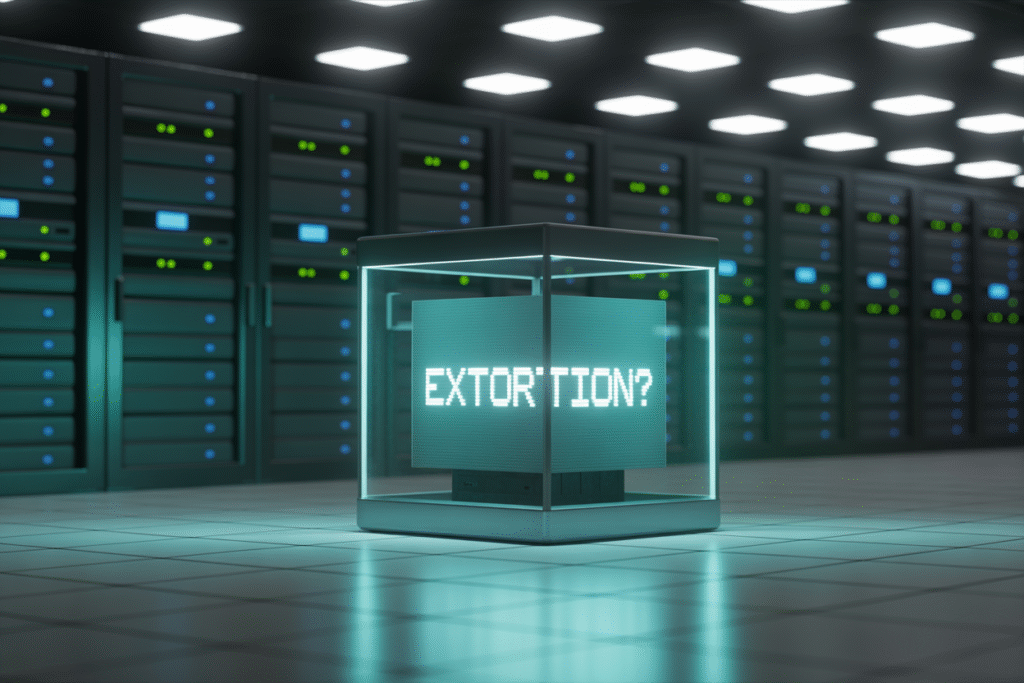A surprise commission on Nvidia sales to China ignites fierce debate over AI ethics, national security, and the future of tech trade.
Imagine waking up to news that the world’s most powerful AI chips just got a 15% price hike—imposed not by the company that makes them, but by a government. That’s exactly what happened when the incoming Trump administration floated a plan to slap a commission on every Nvidia GPU sold to China. The ripple effects? A global ethics showdown, legal chaos, and a tech cold war that could reshape everything from supply chains to civil liberties.
The Commission Bomb
Late last night Bloomberg broke the story: the Trump team wants a 15% cut on every high-end Nvidia chip headed to China. The rationale? National security. The reaction? A collective gasp from Silicon Valley to Shenzhen.
Nvidia’s CFO confirmed the company is waiting for the White House to codify the plan. Translation: they’re bracing for impact. Investors are jittery, competitors are salivating, and ethicists are sharpening their keyboards.
Why It Matters to You
This isn’t just a boardroom drama. If the tax sticks, the price of AI training skyrockets. That means slower medical breakthroughs, pricier cloud services, and yes—fewer jobs in AI research everywhere except the US.
Think about the last time you used a translation app, scrolled TikTok, or asked a chatbot for homework help. All of that runs on chips like the ones now caught in the crossfire. Higher costs trickle down to your screen, your wallet, and your data privacy.
The Ethics Tug-of-War
Proponents argue the tax slows China’s military AI programs. Critics call it techno-nationalism dressed up as virtue. Who decides where national security ends and economic warfare begins?
Legal scholars warn of WTO disputes. Human-rights groups fear emboldened surveillance states on both sides. Meanwhile, Nvidia is stuck playing referee between two superpowers that see silicon as ammunition.
Ripple Effects Across the Globe
China could retaliate with rare-earth export bans. Europe might accelerate its own chip fabs. Start-ups from São Paulo to Stockholm suddenly face a two-tier market: taxed and untaxed silicon.
Venture capitalists are rewriting term sheets overnight. Universities reliant on Nvidia clusters are budgeting for 2026 with a giant question mark. And somewhere in a dorm room, a student who just coded the next AlphaFold is wondering if her grant will still buy GPU time.
What Happens Next
The White House has 90 days to turn proposal into policy. Nvidia is lobbying hard. China is watching harder. The rest of us are refreshing timelines and asking: will innovation survive the politics?
One thing is clear—AI ethics isn’t an abstract debate anymore. It’s a line item on an invoice, a clause in a trade deal, and a choice we all have to make about the kind of digital future we want.


